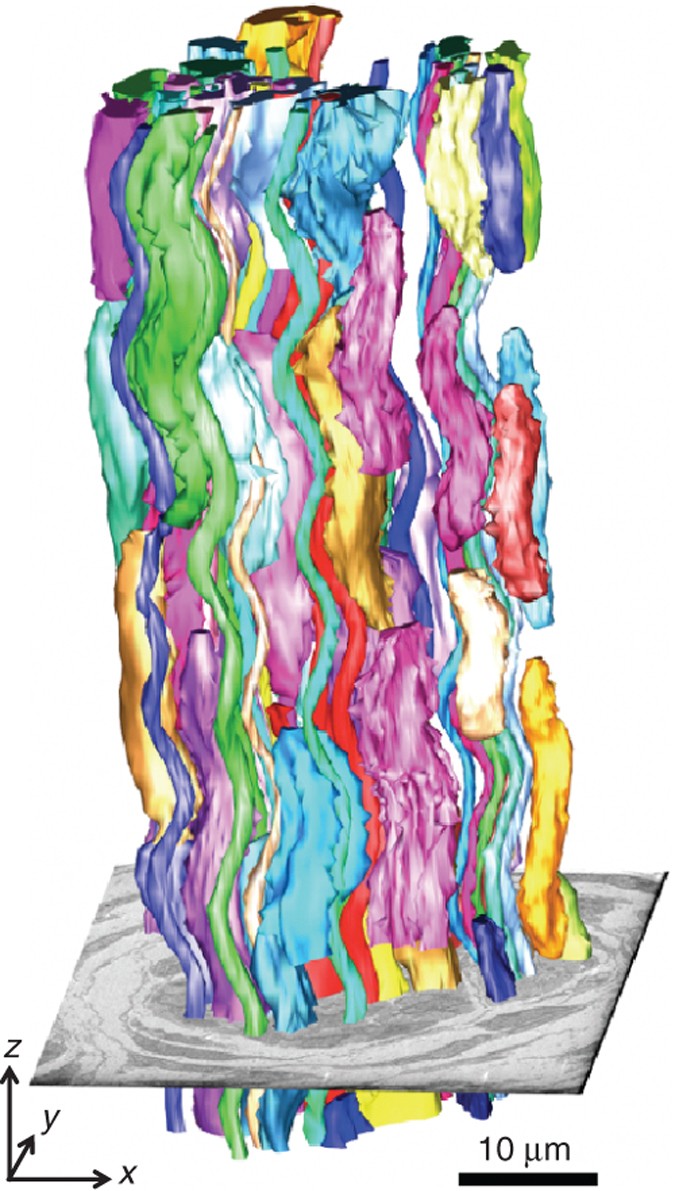Collagen is a structural protein that plays a crucial role in the maintenance of skin, bones, and connective tissues in mammals. It is the most abundant protein in the animal kingdom and is produced in the form of long, fibrillar fibers that provide strength and support to various tissues.
There are several methods of producing collagen, including chemical synthesis, recombinant production, and extraction from animal sources.
-
Chemical Synthesis: This method involves the synthesis of collagen using chemical reactions. This process involves the use of chemical reagents and solvents to create the desired structure of collagen. This method is useful for producing small amounts of collagen for laboratory use.
-
Recombinant Production: This method involves the expression of recombinant collagen in host cells such as bacteria, yeast, or insect cells. This method allows for the large-scale production of collagen in a controlled environment.
-
Extraction from Animal Sources: This method involves the extraction of collagen from animal sources such as cattle, pigs, or fish. This method is widely used for the production of collagen supplements, cosmetics, and medical devices.
The production of collagen can also be modified by different treatments such as cross-linking, denaturation, and purification to obtain a specific form of collagen for specific applications.
In conclusion, collagen is a crucial protein that can be produced through various methods, including chemical synthesis, recombinant production, and extraction from animal sources. The method of production depends on the intended application of the collagen. Further research is needed to improve the efficiency and sustainability of collagen production methods.
.png)
.png)
.jpg)
.jpg)
.jpg)
.jpg)
.jpg)
